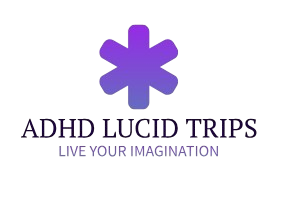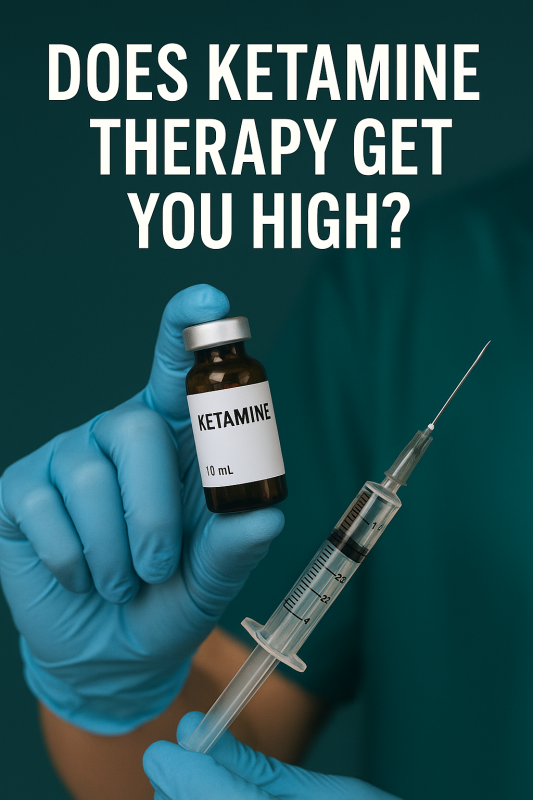Pain Meds
Does Ketamine Therapy Get You High?
Ketamine Therapy
Does Ketamine Therapy Get You High?
Does ketamine therapy get you high? This is a question the questioner of the therapeutic use of ketamine might pose.
How Ketamine’s Therapy Works
Ketamine’s therapy uses medical concentrations of ketamine under the care of experts. Doctors prescribe it for chronic pain, PTSD, anxiety, and depression. Unlike illicit use, clinical use of ketamine is closely monitored and regulated. This is safe and maximizes mental health gains.
Does Ketamine Therapy Get You High?
The question remains: does ketamine therapy get you high? And the answer is yes, but not in the same way. Medical doses of ketamine have been demonstrated to induce dissociation. The patient will become disassociated from the world around them, or even their bodies. This sensation can be similar to feeling high, but it is not like taking it recreationally.
How Ketamine’s Therapy Feels
When ketamine is administered, patients can become relaxed and at peace. Some experience vivid imagery or altered perception. These, however, occur under safe and controlled circumstances. Doctors monitor vital signs and adjust dosing as appropriate. The result, therefore, is therapeutic and not merely recreational.
Why Ketamine Therapy Causes Dissociation
Ketamine does this by blocking NMDA receptors in the brain. This causes neurons to talk in another way and can reboot some brain loops. Because of this, patients will feel light-headed, disconnected, or sleepy. However, it is not intended to induce a drug high. Instead, it’s to improve mental health outcomes.
Making Comparisons between Therapy and Legal Use
Recreational ketamine is commonly abused under harmful conditions. Users take higher doses alone, which carries a higher level of risk. However, ketamine therapy’s is safe and monitored. Specific doses are given to patients based on their needs. This difference makes the therapeutic process safer compared to use on the streets.
Advantages of Ketamine Therapy
Ketamine therapy alleviates patients who have remained unresponsive to traditional medication. The majority notice improvement within a few sessions. The dissociative states, though strange, are maybe effective in breaking wrong cognitive habits. As such, ketamine’s therapy can provide long-term emotional relief.
Safety and Medical Supervision
Medical oversight is necessary to make ketamine treatment safe. Doctors watch for proper dosing, side effects, and guide patients through the procedure. Carefully planned care prevents abuse and maximizes benefit. In the absence of supervision, ketamine is dangerous. Under guidance, it is a powerful tool in mental health.
Final Thoughts
So does ketamine therapy’s get you high? Yes, but it is not the same as being used recreationally. The dissociation might feel like being high, but it is therapeutic. With proper guidance, ketamine’s therapy can be used safely to allow for healing and mental wellness.

